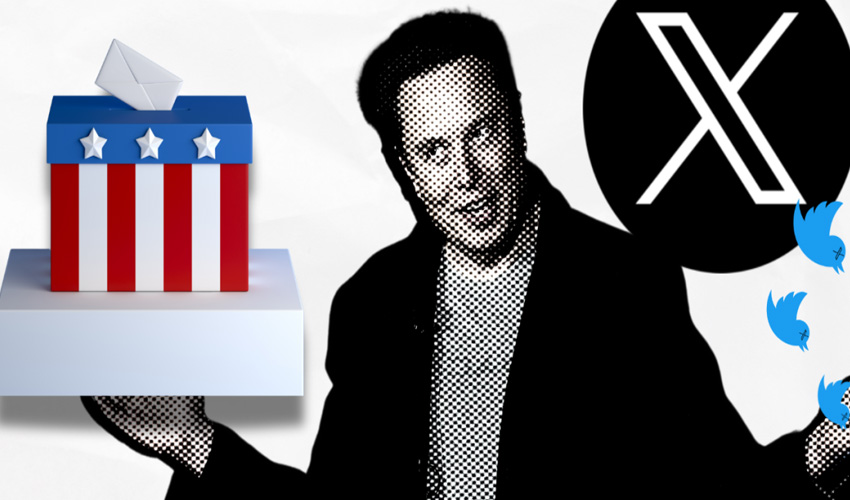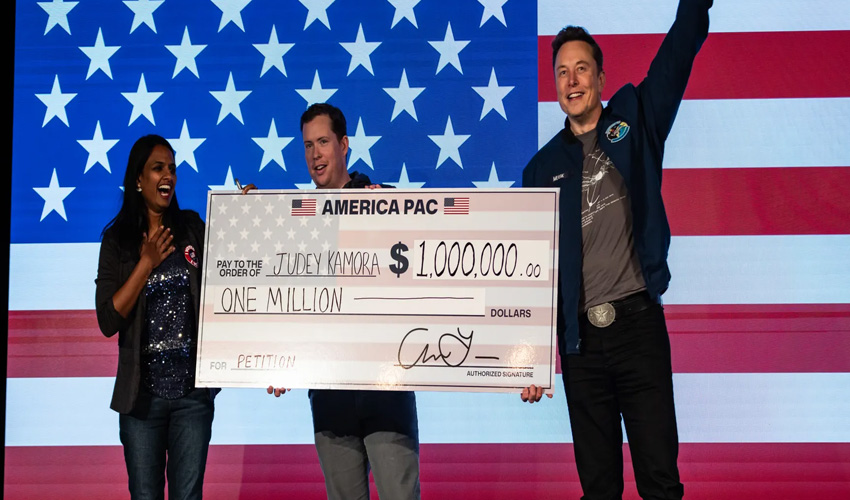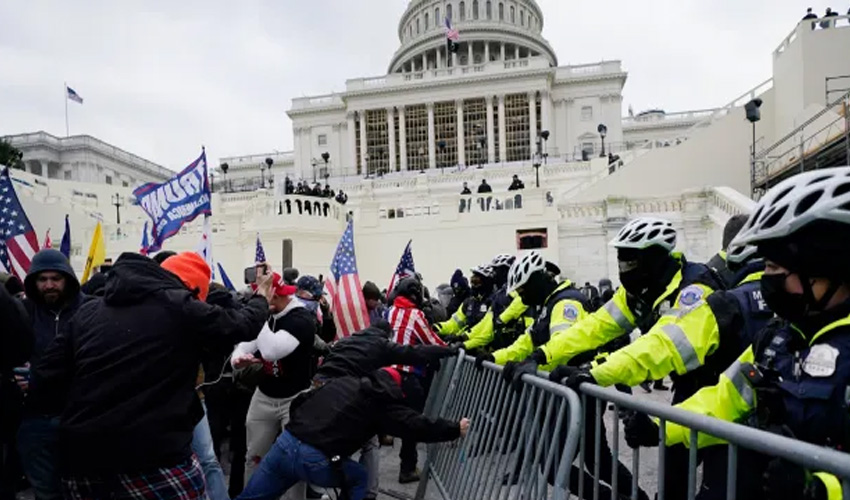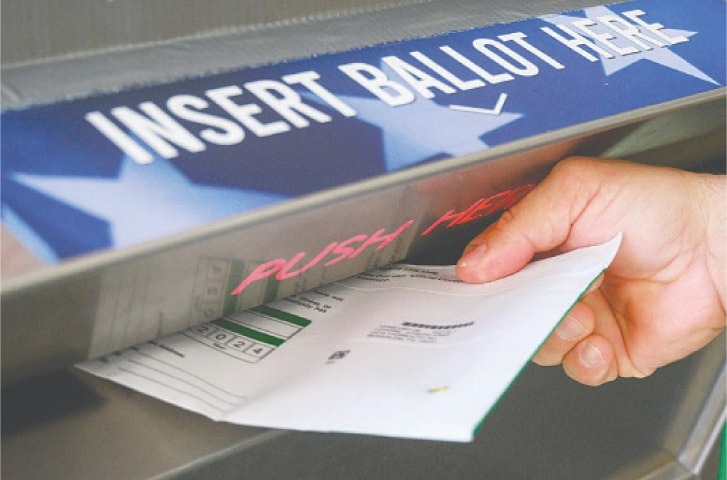Less than a week before the U.S. presidential election on November 5, allegations have surfaced that users on the social media platform X, formerly known as Twitter, are being paid large sums of money to spread election misinformation.
According to a recent report by the BBC, networks of accounts are actively spreading false information, AI-generated images, and conspiracy theories. Some users say they get paid thousands of dollars for this kind of content.
Misinformation networks on X
According to the investigation of BBC, these networks contain a number of X handles habitually posting misinformation on the elections and sensational AI-generated images. According to the sources, the users of these networks are known to organize through group chats and forums, thereby increasing engagement with each other's content. The users of the network, while said to be unaffiliated with any campaign, support two different candidates: Donald Trump of the Republican side, and Kamala Harris for the Democrats. Some of these accounts have even been contacted by politicians and those vying for congressional office to win unofficial endorsements on the service.
One user, writing under the anonymity cloak at X, reported getting a "low thousands" in monthly earnings and another person makes five figures from that source. This financial motive is purportedly obtained from improved monetization policies on the platform, now paying out accounts on a per-like, per-share, or per-engagement basis based on the users' tier. "It's pretty much been turned into something where people are able to make a pretty good income," an anonymous user said in an interview. " Misinformation for money is becoming a full-time job.
In the earlier days of the month, X updated its content monetization policy such that accounts with millions of followers could be paid based on engagement rather than the view of ads. It, therefore, means that profitability in a post now depends on the user appeal to the users subscribing to the premium service of X. Critics argue that this development might encourage the proliferation of incendiary or misleading information because posts that are perceived to be controversial receive much higher engagement.
Despite its relatively smaller user base compared to social giants like Facebook or TikTok, X has emerged as a central platform for politically charged and controversial posts in the lead-up to the election. Some of these misleading narratives have even migrated to other social media sites, thus expanding their reach. According to the BBC, false accusations of electoral fraud and fantasy assassination plot against ex-President Trump began here on X before migrating to other platforms.
Fake news and AI images
One type of propaganda is faked images designed to control opinion. Some X user bragged of making a deep fake of a young Kamala Harris working behind the counter at a McDonald's. This doctored picture quickly spread, and many began making false claims that the Democratic Party is Photoshopping pictures of their candidates. On the other side, the posts of Trump have not been an exception either. In August, he posted an AI-doctored picture in which pop star Taylor Swift was showing apparent endorsement for him with a caption, "Taylor Wants You To Vote For Donald Trump." Swift kept quiet over the issue, but later she endorsed Kamala Harris, clearing off the fake endorsement.
Political figure interactions
Several X users complained that politicians, and even more regularly local candidates, contact them asking for posts they can share to advocate for a specific person. The practices, according to the users, represent an increasingly significant role in the manner that people think of politics and mobilize supporters that sites such as X are playing.
One of the interviewed users said that he generates and posts election-related content up to 16 hours a day, gathering over 11 million views in the past few months. Although this user self-identifies as independent, he definitely states his preference for Trump over Harris and believes much of Trump's support stems from online narratives. He even justifies his actions, claiming the government "spreads more misinformation than the rest of the internet combined."
The upsurge of paid disinformation has been warned to sway this highly polarized U.S. electoral environment by pundits and experts. However, the key question is how these platforms like X are influencing voters election decisions. Misinformation scholars point out that the whole genre of information might manipulate confirmation bias especially when it is received from influencer or a high engagement account.
As the November 5 election draws near, scrutiny of social media's impact on democratic processes has been growing. The stakes are extremely high in the outcome of the U.S. presidential race and allegations that users are financially incentivized to distort facts. The credibility of information shared on X has been starkly thrown into relief.



























